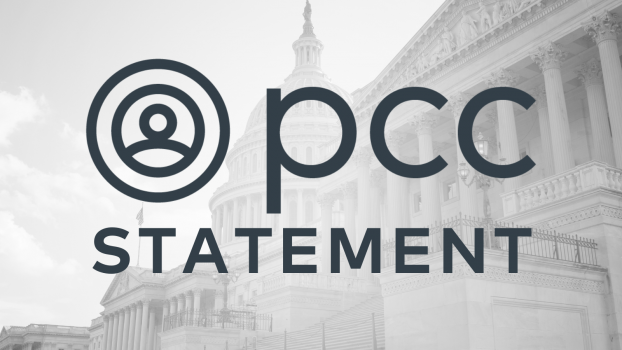You are looking at an archived version of our site. Please visit thepcc.org for a fresh, new experience!
You are here: Array » Statement of Primary C ...
Statement of Primary Care Collaborative President and CEO and leader of the Better Health – Now Campaign Ann Greiner on the Medicare Part B Notice of Proposed Rulemaking
“Twenty-seven diverse organizations have urged CMS to leverage the Medicare Shared Savings Program (MSSP) to transform how and how much the United States invests in primary care. Yesterday’s Notice of Proposed Rulemaking (NPRM) acknowledged the clear value of this hybrid payment approach to the health of people with Medicare. Even as it continues to engage stakeholders, CMS should waste no time in turning this acknowledgment into bold, broad-scale change.
“Medicare Part B’s fee schedule sets the pattern for alternative payment models, state Medicaid programs and private payers. It’s encouraging that CMS has included proposals to better support complex care management, caregivers, behavioral health, diabetes prevention and community health worker/peer supporter programs. For a senior or disabled person on Medicare, especially those facing inequities, these services can be key to whole-person care, provided that care is built on a strong primary care foundation.
“Primary care is in crisis, and there is no time to waste. CMS should implement hybrid payment models within MSSP that offer flexibility needed to ensure adequate investment in primary care. PCC looks forward to a more detailed examination of the rule with our members - in light of the widening crisis in primary care workforce and access and the proposed rule’s overall impact on primary care payment.”
Ann Greiner, MCP
President & CEO of the Primary Care Collaborative
Leader of the Better Health – Now Campaign
For more information on the impact of the proposed rule on overall Medicare Part B payment, consult this CMS fact sheet which describes a 3.34% reduction in the Medicare conversion factor applied to fee schedule services.
For more information on the crisis in primary care workforce and access, see The Health of US Primary Care: A Baseline Scorecard Tracking Support for High-Quality Primary Care from the Milbank Memorial Fund and the Physician’s Foundation.
The above statement references a section of the NPRM, which states on page 672:
CMS has also continued to receive significant input from interested parties regarding opportunities to increase participation in ACO initiatives. One such option would be to identify ways that the Shared Savings Program can support ACOs’ efforts to strengthen primary care, such as by providing prospective payments for primary care that would reduce reliance on fee for-service payments and support innovations in care delivery that better meet beneficiary needs and increase access to primary care in underserved communities. Empirical data support the notion that primary care serves as the foundation of high-performing ACOs.
Recent News
August 16, 2024
August 12, 2024
July 16, 2024
May webinar highlights: “The Commercial Market: Alternative Payment Models for Primary Care” Nate Murray explains w… https://t.co/KX9Wi2w6oY —
Il y a 2 années 8 mois
@CMSinnovates’ primary care strategy is rooted in a 2021 @theNASEM’s report which called #primarycare “foundational… https://t.co/glbPxvCysg —
Il y a 2 années 8 mois
@CMSinnovates has a new #primarycare strategy, envisioning “ACO-based primary care model tests that may focus on pr… https://t.co/aJGF1z411l —
Il y a 2 années 8 mois
- Page 1
- ››
Secondary menu
Copyright © 2024 Primary Care Collaborative




